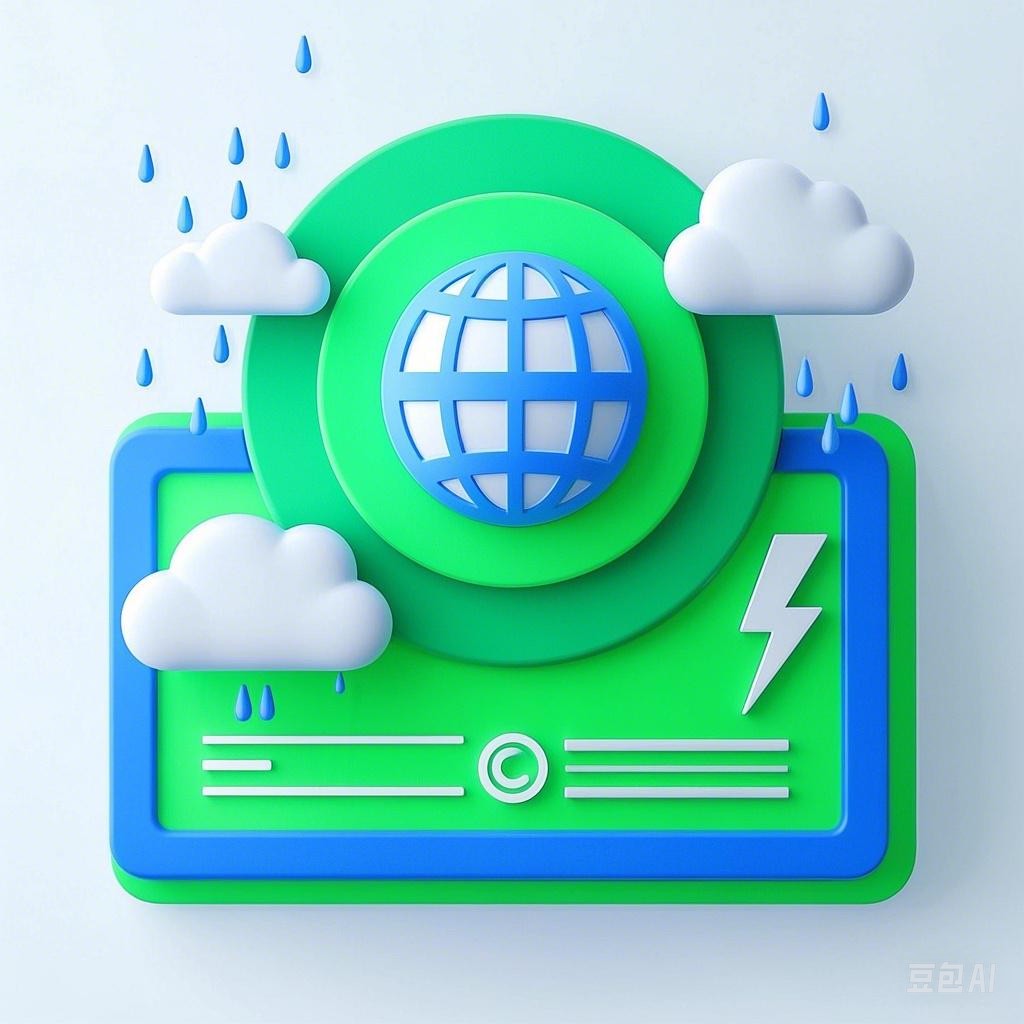Introduction
Natural disasters can strike without warning, leaving a trail of destruction and loss. From hurricanes and earthquakes to wildfires and tsunamis, these events can be devastating. However, with proper preparation and knowledge, individuals and communities can mitigate the risks and increase their chances of survival. This article will provide a comprehensive guide on how to prepare for and survive the unexpected, focusing on various types of natural disasters.
Understanding the Risks
Before delving into the preparation and survival strategies, it is essential to understand the risks associated with different natural disasters.
Earthquakes
- Risk Factors: Tectonic plate movements, geological faults, and history of seismic activity in the region.
- Signs of an Earthquake: Sudden ground shaking, ground rolling, and sounds like thunder or a train.
Hurricanes
- Risk Factors: Warm ocean waters and atmospheric conditions that promote the formation of tropical cyclones.
- Signs of a Hurricane: Heavy rainfall, strong winds, and storm surge.
Wildfires
- Risk Factors: Drought, hot temperatures, and strong winds.
- Signs of a Wildfire: Thick smoke, flames, and an acrid smell in the air.
Tsunamis
- Risk Factors: Underwater earthquakes, volcanic eruptions, and landslides.
- Signs of a Tsunami: Large waves, receding water, and a strong undersea earthquake.
Preparing for Natural Disasters
Earthquake Preparedness
- Home Retrofitting: Strengthening walls, roofs, and foundations to withstand seismic activity.
- Emergency Kit: Stock up on non-perishable food, water, first aid supplies, and flashlights.
- Family Communication Plan: Establish a meeting place and communication methods for emergencies.
Hurricane Preparedness
- Evacuation Plan: Know the evacuation routes and have a plan for family members with disabilities or pets.
- Home Protection: Reinforce doors and windows, install storm shutters, and elevate utilities.
- Emergency Supplies: Store enough food, water, and medical supplies to last for at least three days.
Wildfire Preparedness
- Home Hardening: Clear flammable materials from around the home, create a defensible space, and maintain a landscape that resists fire.
- Emergency Kit: Include smoke masks, fire extinguishers, and a first aid kit.
- Community Awareness: Participate in local fire safety programs and be aware of the wildfire season.
Tsunami Preparedness
- Evacuation Routes: Familiarize yourself with the nearest tsunami evacuation routes and know how to identify a tsunami warning.
- Emergency Supplies: Pack a grab-and-go bag with essentials and have a plan for your family.
Surviving Natural Disasters
During an Earthquake
- Drop, Cover, and Hold On: Drop to the ground, take cover under a sturdy piece of furniture, and hold on until the shaking stops.
- Stay Clear of Windows: Glass can shatter during an earthquake, causing injury.
- Do Not Use Elevators: Elevators may stop working during an earthquake, trapping you inside.
During a Hurricane
- Stay Informed: Monitor local news and weather reports for updates and instructions.
- Stay Indoors: Avoid going outside during the hurricane, as strong winds and debris can be dangerous.
- Prepare for Power Outages: Have a battery-powered radio, flashlights, and extra batteries on hand.
During a Wildfire
- Evacuate Early: If you are advised to evacuate, do so immediately.
- Stay Low and Slow: If you are trapped by smoke and flames, stay on the ground and move in a crouched position.
- Protect Yourself: Wear a mask to filter out smoke and stay hydrated.
During a Tsunami
- Evacuate Immediately: If you hear a tsunami warning, move to higher ground immediately.
- Stay Out of the Water: Tsunamis can travel at high speeds and have powerful surges, so never go into the water.
- Wait for the All Clear: Stay away from the coastline until authorities declare it safe to return.
Conclusion
Natural disasters are unpredictable and can be devastating. However, by understanding the risks, preparing in advance, and knowing how to respond during an emergency, individuals and communities can increase their chances of survival. By following the guidelines outlined in this article, you can be better equipped to face the unexpected and protect yourself and your loved ones.
